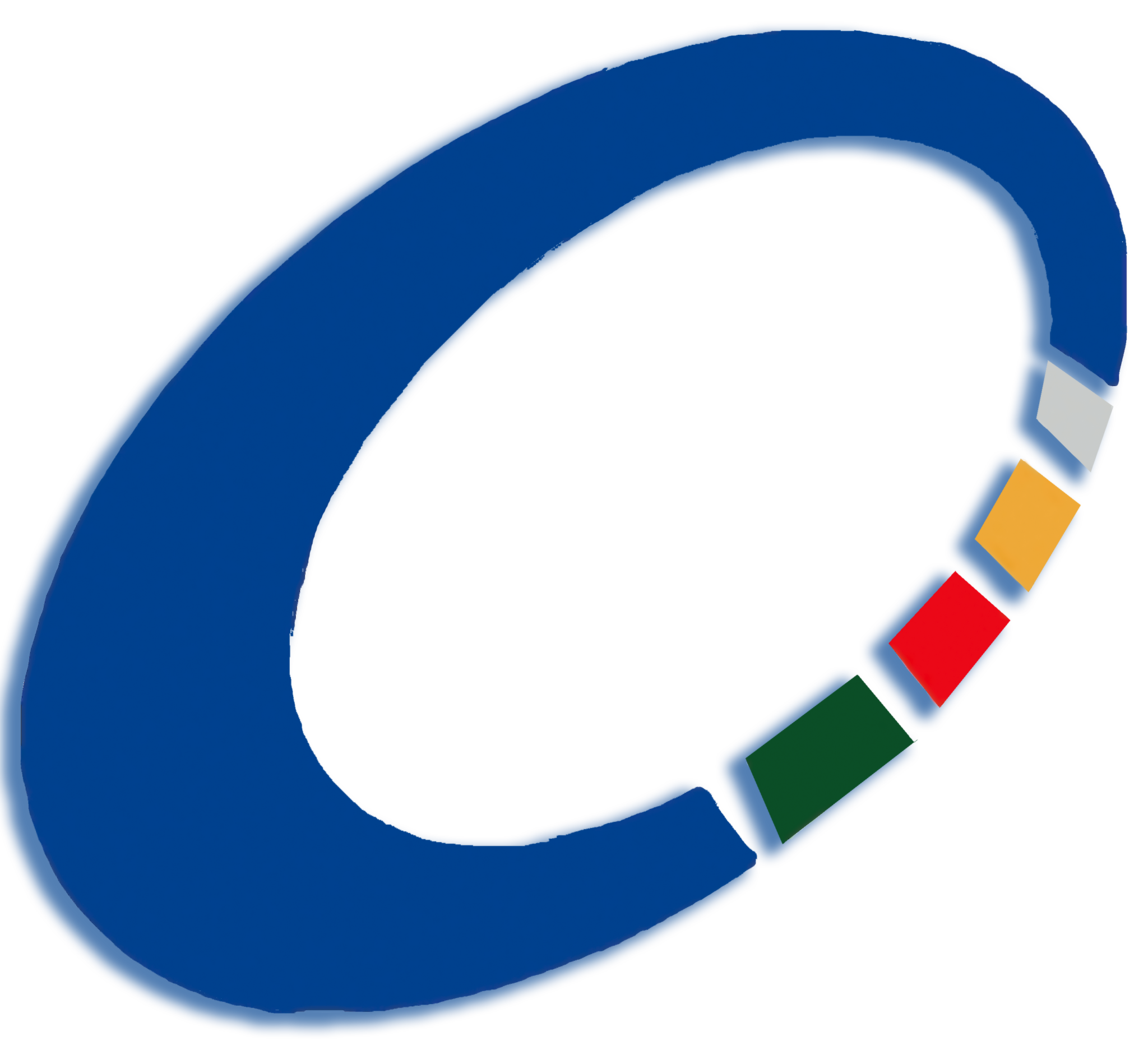There are three stages of adrenal stress leading to adrenal fatigue: alarm, resistance, and exhaustion.
Alarm Stage
The first stage is the alarm stage or short term stress. Short term stress, also referred to as good stress, lasts no more than a couple hours. Examples of short term stress are competing in an athletic event or a presentation at work. When you need the motivation to accomplish a stressful task, your brain sends a message down to your adrenal gland telling it to release cortisol. The response primes your body by increasing your heart rate and giving you energy so you can perform at your best. The important part of short term stress is the recuperation period.
Environmental factors typically cause stress, but things that happen to us have a significant impact if you don’t respond well. A response to a substantial stressor requires a long rebuilding period. Everyday stressors are your alarm stage where the lights go on, your body responds, but once the alarm goes off, you relax, and your physiology returns to normal. The up and down stress response is acute stress, and that is the ideal place to be.

Resistance Stage
Stage two of the stress response is when the stress sticks around. I call this the resistance phase. Instead of peaking for an event, having the necessary stress response, and coming back down, you stay stressed. When the body remains stressed physically or emotionally, your adrenal gland continues to release cortisol. Insomnia is a common symptom in this phase because the high cortisol levels are preventing you from falling asleep. Constant stress requires you to dig deeper into your adrenal reserves to accomplish necessary tasks.
People can fall into this stage when they are stressed over more extended periods. For example, if work has been chaotic for the whole week or even a couple of weeks. Family stressors can be extremely taxing if you have a strained relationship that causes constant emotional stress. However, we can still recover from these types of long term stress. The body is an incredible machine, and as long as you are still building in that recovery period, your adrenal glands can recover.

Exhaustion Stage
The third stage is when we reach adrenal exhaustion. This happens when your stress level goes up and stays up without a sufficient recuperation period. What ends up happening is you dig deep into your reserves until, eventually, they run out. Sooner or later, the adrenal gland can’t keep pushing out cortisol at such a high level without there being consequences like suppressing other parts of the body.
DHEA, a hormone released by the adrenal gland, is a building block for cortisol and sex hormones. If we’re making too much cortisol (stress hormone), then we have to steal some of the DHEA that would be used to make sex hormones. Hormonal imbalances are a symptom of adrenal fatigue, which can show up as moodiness and irritability. Your adrenal gland also controls the kidneys, so when they are taxed, you aren’t controlling your kidneys as well, which can lead to high blood pressure.

Adrenal Stress Index Test
Eventually, the body quits making cortisol because there are not enough building blocks. The way to determine if you’ve reached adrenal fatigue is by running lab tests. DiagnosTechs Adrenal Stress Index (ASI) test measures the amount of DHEA and cortisol in your saliva throughout the day.
Low cortisol and low DHEA are indications of adrenal fatigue. The way we go about recovering from adrenal fatigue is by removing as many adrenal stressors as possible to recover proper adrenal function.
Here’s To A Better Life,
Dr. Steve Puckette

